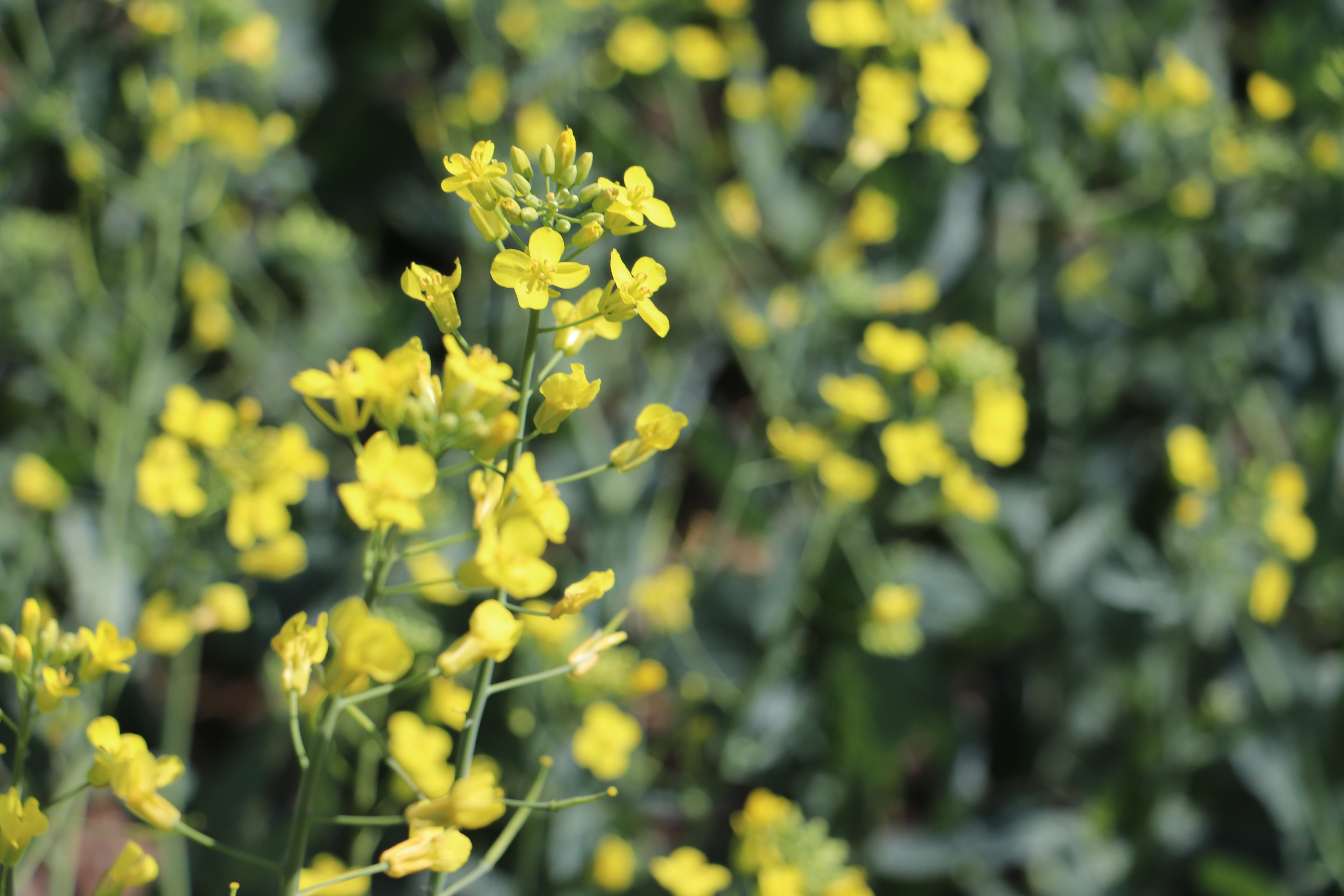Saskatchewan Premier Scott Moe met Thursday with federal and provincial officials and leaders from the province’s canola sector to address recent tariffs imposed by China on Canadian canola exports.
The meeting included Trade and Export Development Minister Warren Kaeding, Agriculture Minister Daryl Harrison, Federal Minister of Agriculture and Agri-Food Heath MacDonald, and Parliamentary Secretary to the Prime Minister Kody Blois.
“The Government of Saskatchewan condemns China’s punitive tariffs on canola, which directly impact Saskatchewan families,” Moe said. “This is an urgent situation for Saskatchewan producers and we must work together to find immediate solutions.”
Earlier this month, China imposed a 76 per cent tariff on Canadian canola exports, in addition to existing duties on canola oil and meal. The tariffs are widely seen as retaliatory following Canada’s decision to impose tariffs on Chinese electric vehicles.
“Saskatchewan is one of the largest canola producers in the world, supporting thousands of jobs and driving economic growth across Canada,” Moe added. “As a province that exports nearly 70 per cent of everything we produce, we will continue to champion free and fair global trade.”
Dean Roberts, chair of SaskOilseeds, said farmers are “being used as a pawn in the current geo-political environment,” adding that the market closure comes at a particularly stressful time for producers. “Today’s dialogue with government leaders centred on practical solutions that could be activated to support farmers’ livelihood in the short term,” Roberts said.
Saskatchewan produces 55 per cent of Canada’s canola and accounts for 21 per cent of global canola oil exports. Canada exports nearly $15 billion annually in canola seed, oil, and meal, with China receiving over half of Saskatchewan’s exports in 2024. In 2025, canola was seeded on more than 12 million acres in the province, nearly one-third of Saskatchewan’s total seeded area.
The provincial and federal governments said they will continue working with industry stakeholders to mitigate the impact of the tariffs and support Saskatchewan producers.
For more information, visit saskatchewan.ca.
